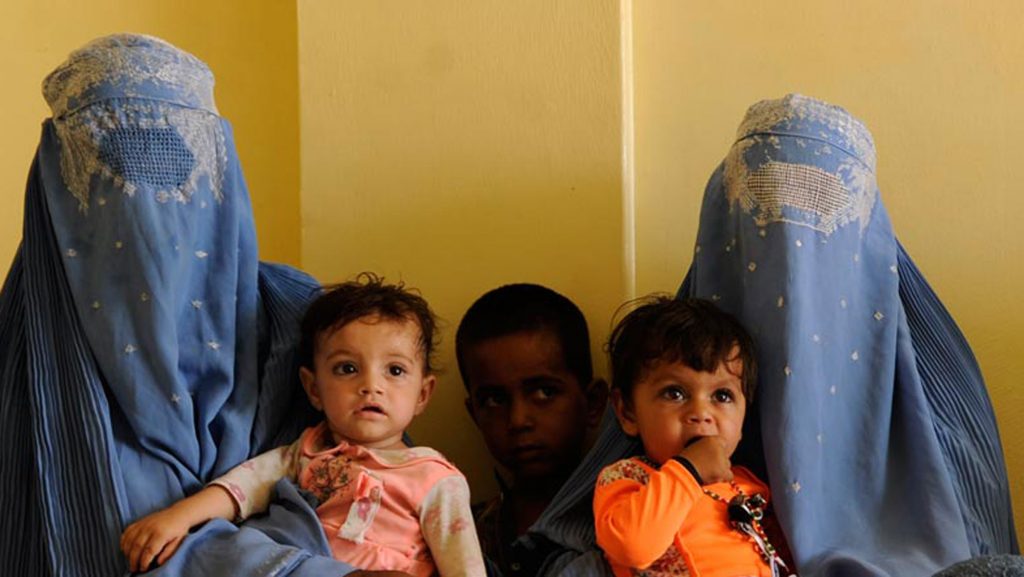Fatima, a young woman from rural Afghanistan, was passionate about training as a midwife. In a country which suffers from one of the highest maternal mortality rates in the world – 1,600 of every 100,000 Afghan mothers die during birth or because of related complications – having a skilled birth attendant or midwife in your community is a matter of life or death. But for large parts of the population who live in rural areas, access to appropriate and affordable medical care is often non-existent.
Despite the urgent need for midwives in her community, Fatima’s family didn’t understand or support her wish to take the training with International Medical Corps. Her uncle told her that she should instead focus on getting married and being a good wife.
But Fatima didn’t let that stop her. She fought to get her training and completed the International Medical Corps midwifery program against their wishes.
One night, Fatima was woken up by loud banging on her front door. It was that same uncle, frantic because his pregnant wife, Amina, was in labor and in excruciating pain. It was 1:30 in the morning but Fatima quickly gathered her supplies and headed out in the dark. She walked across rough Afghan terrain for an hour and half to reach her uncle’s home. As she entered the house, she heard Amina screaming out in pain. Fatima immediately started delivery of the baby, all the while trying to calm her terrified aunt.
Fatima delivered a healthy baby boy, but Amina remained in physical distress. Using her training, Fatima identified what could have been a life-threatening complication for her aunt and saved her life. If she hadn’t been there, Amina would have died – like too many other women. Her family, realizing the lifesaving skills Fatima had learned and the support it gave them, now wholeheartedly support her choice of profession.
Since 2007, International Medical Corps has been training thousands of midwives in Afghanistan. In the eastern border provinces of Khost and Paktika, International Medical Corps operates community midwife education programs that train women to assist expectant mothers through pregnancy, childbirth and post-natal care. Students learn essential clinical skills, including how to perform an antenatal exam, deal with life-threatening complications and resuscitate a newborn. The Khost programme has been recognized as the best midwifery training in the country. Its graduates – all raised in the province – are helping to ease the major shortage of midwives.
International Medical Corps has now trained 2,000 midwives like Fatima. Each one can provide up to 330 women from her own community with maternal health care. That’s 660,000 women reached, every year.
